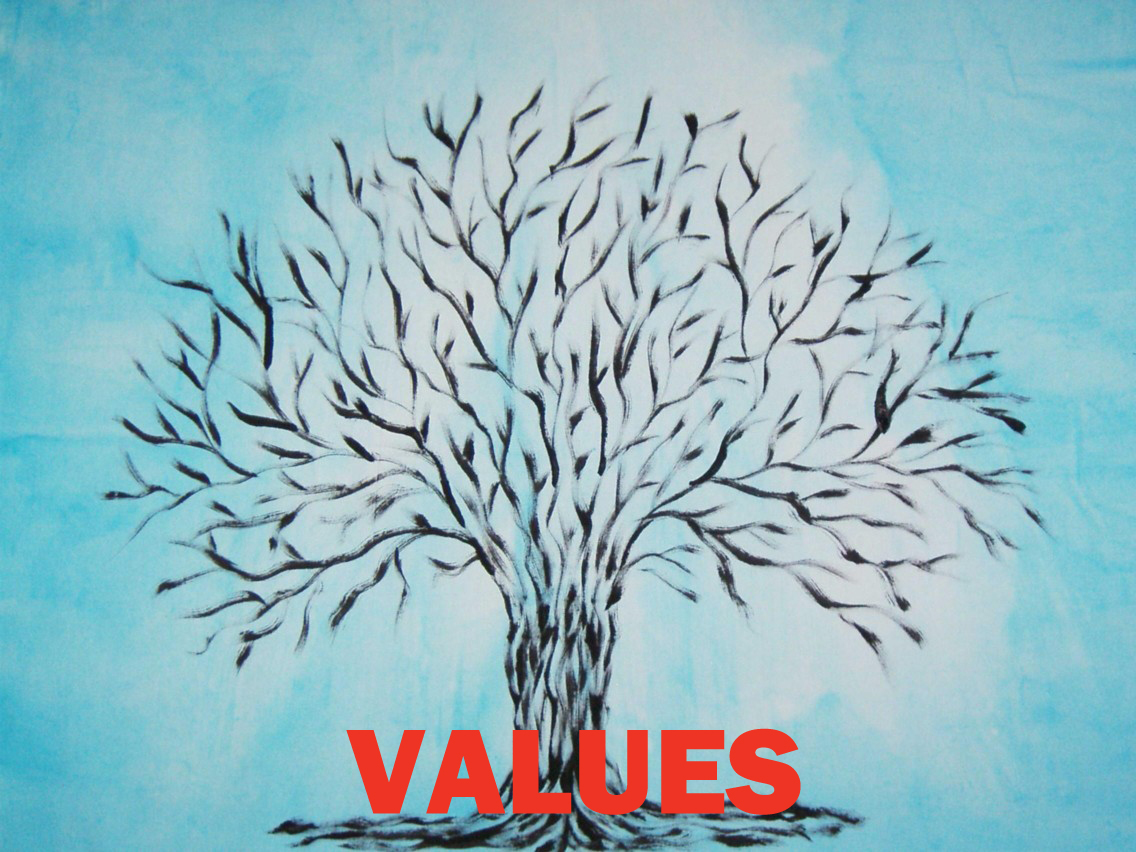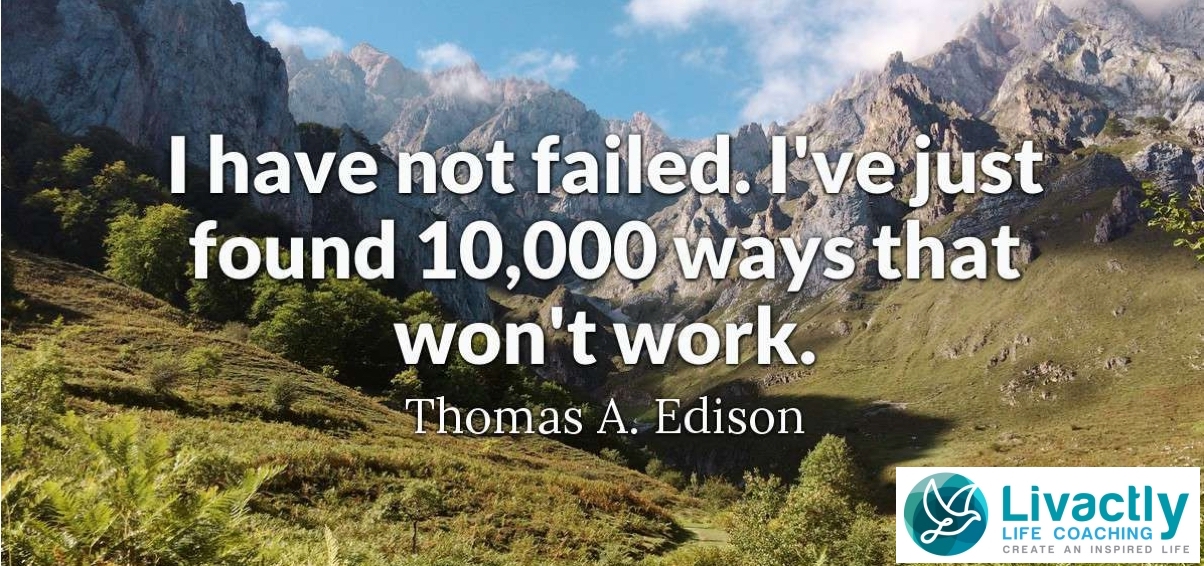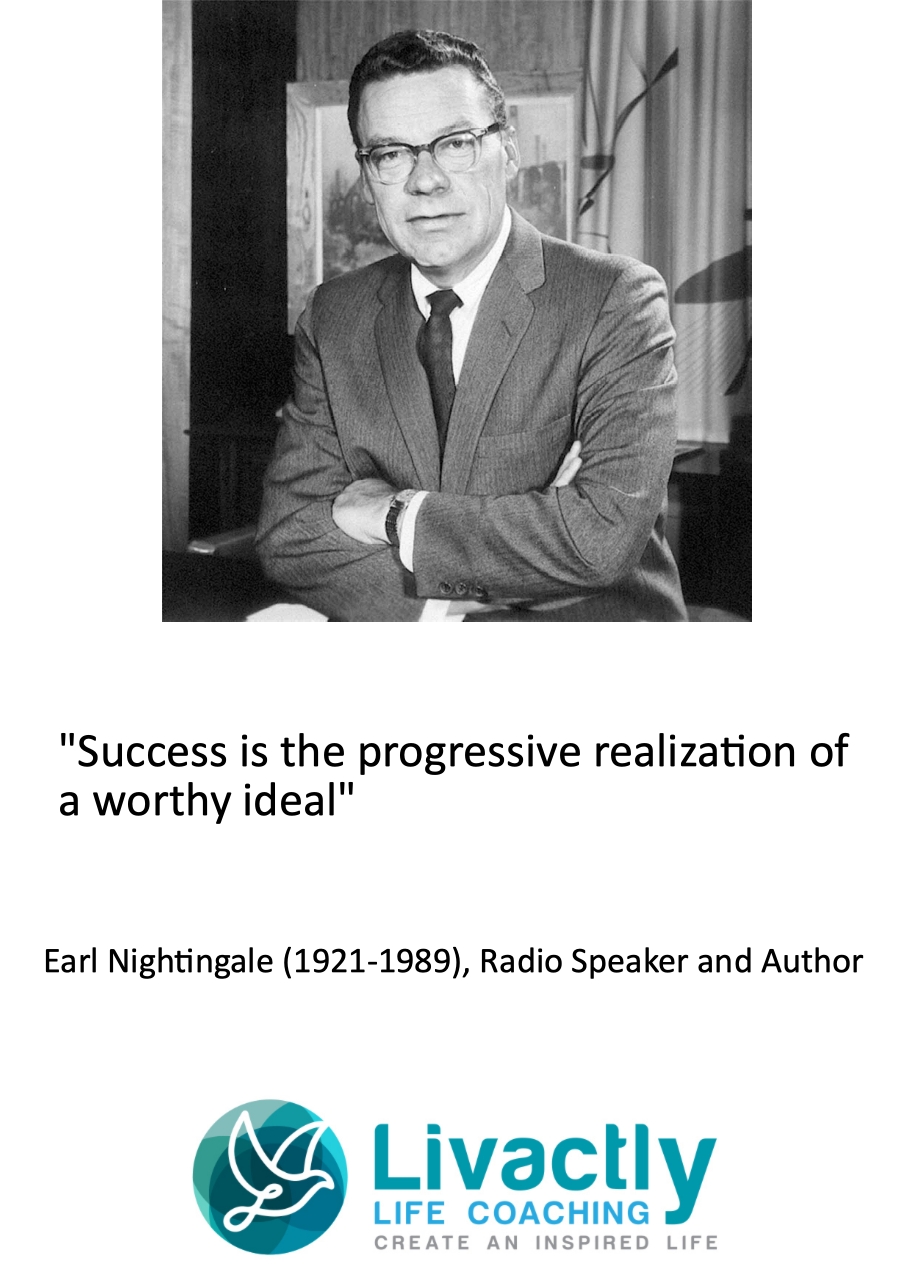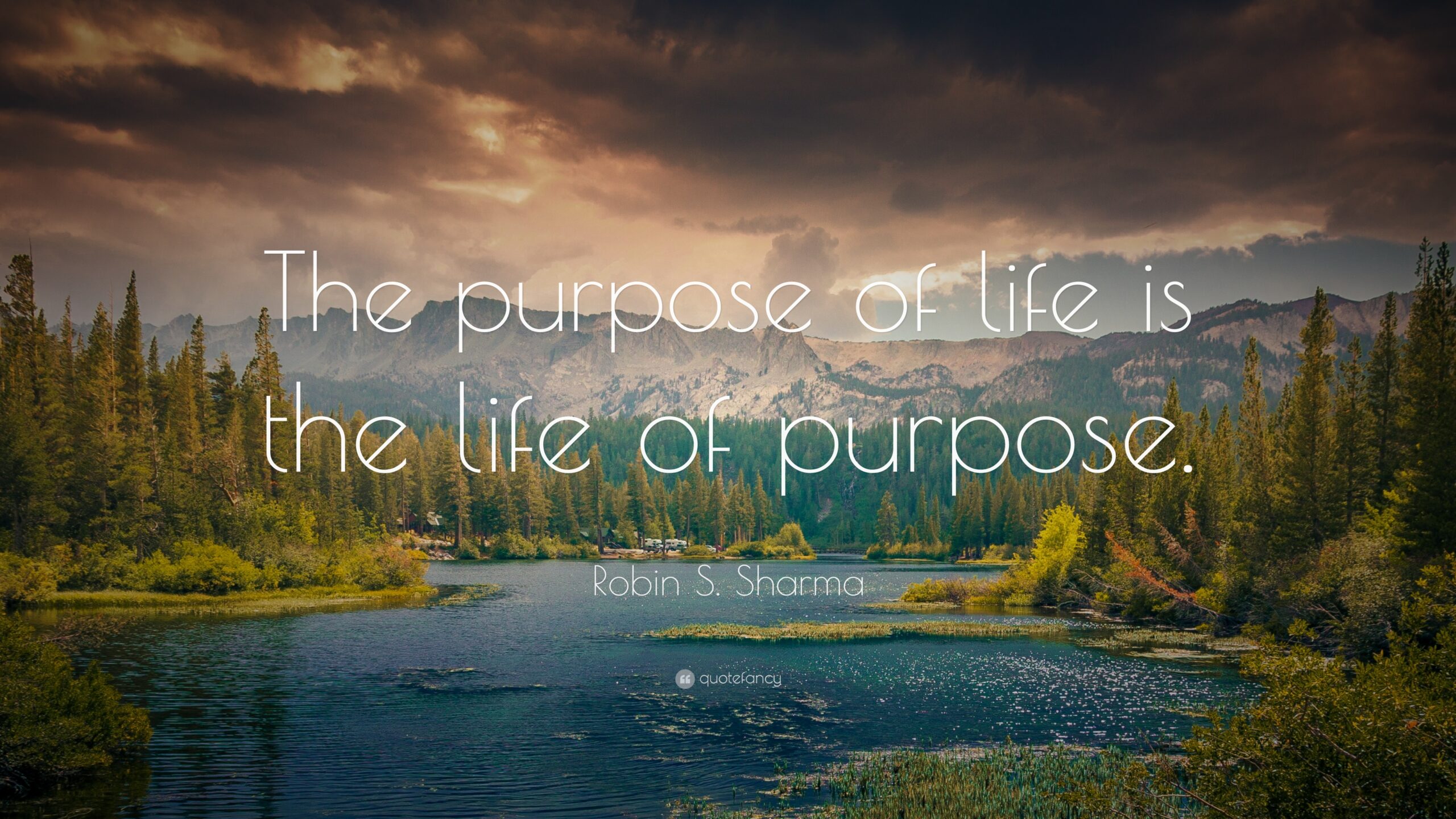In this article we look at a method for realising your life purpose

If you’ve been studying in the ‘Personal Development’ space, you will probably know about goals and how to achieve them.
There are countless articles available on goal setting and no doubt plenty of courses.
We can talk about getting rich, being successful, winning, and achieving your goals.
What seems to be missing in this entire body of work is how your goals fit into your overall purpose in life, and how 'winning' reinforces that purpose.
Today I’d like to extend things into an overall picture, an "Overall Process For Realising Your Life Purpose."
Briefly stated, here is a 10-step process to follow.

Life Purpose Step 1: Determine Your Values
A value is an idea or concept that you hold in high esteem or importance, and it is closely allied with the concept of an ideal.
It’s something that is highly important to you. For instance, ‘family values’ may revolve around having a happy household and family life.
An ideal supports the value. In other words I could say ‘An ideal family life is one that is happy and prosperous’. In actuality, this phrase incorporates 2 values: ‘happiness' and ‘prosperity’.
There are plenty of tools online to help you discover your values. One such tool is by Dr John Demartini that you can find here. You can also check out a short video from him here.
This tool helps you discover your values and sort them into a hierarchy of importance.
Step 2
Pick a value to work with. Typically this will be the most important of your values, but it doesn’t necessarily need to be.
Step 3

Devise a list of ideals that support your selected value. Don't feel limited - brainstorm as much as you can!
Step 4
Pick one of these ideals to work with.
Life Purpose Step 5

Think of some beliefs that support this ideal. Again, brainstorm without limitation. You could arrange these in order of importance if you want.
Step 6
Pick a belief to work with.
Life Purpose Step 7
Pick at least one goal that supports this belief and ideal. Make sure it follows the SMART formula.

Life Purpose Step 8
Follow the 6 part procedure below to achieve this goal, namely:
1) Know what you want
This should be covered by the steps above - but before proceeding, revisit them to be sure.
2) Know where you are now.
In other words, how far are you from achieving your ideal and goal?

3) Take Action!
This may seem obvious but so many people fail in life because they simply can’t take action. There may be any number of reasons for this - but the most common reason is fear. People fear failure.
If this is the case, you need to revisit your values and ideals and ask yourself: is this goal important enough to ignore your fears and bust on ahead?
If it isn’t, you need to go back to step 1 and re-evaluate those values.
You might ask ‘what action?’ - well only you can ask yourself what action! For instance, ‘what can I do to make an extra $1,000 per month?’ or ‘what can I do to get a bonus this month?’
Self querying is the only way to get real answers. Of course you can ask others for suggestions, but in the end it is only your personal answers that really count.
Ultimately ...Just TAKE ACTION!
4) Check your results
Ask yourself... did you get there, or did you only get half-way there?
5) Modify your actions based on Step 4
If it is the latter, then you need to keep working until you do get there. A key question to ask yourself is ‘how can I change what I did to get what I want?’
6) Repeat steps 3 through 5 until you get what you want.

Life Purpose Step 9
Once you achieve that goal, ask yourself a question: “what else can I do to further my ideal, and what other action can I take or goals to achieve that support it.”
In other words, you’re not done yet! Pick another goal that supports the ideal and ‘keep on keeping on!’
Step 10
If you think you've run out of goals, then pick another ideal and go through the entire process above again.
In Conclusion
As you see from the processes above, the whole process of being on purpose is full of repeating circles and loopbacks.
There is no real end to it until you die, and even then, the results of your actions can still have everlasting effects!
Remember the words of Earl Nightingale:

It is not an end point but an ongoing process throughout life. It defines you and who you are as a human being.

